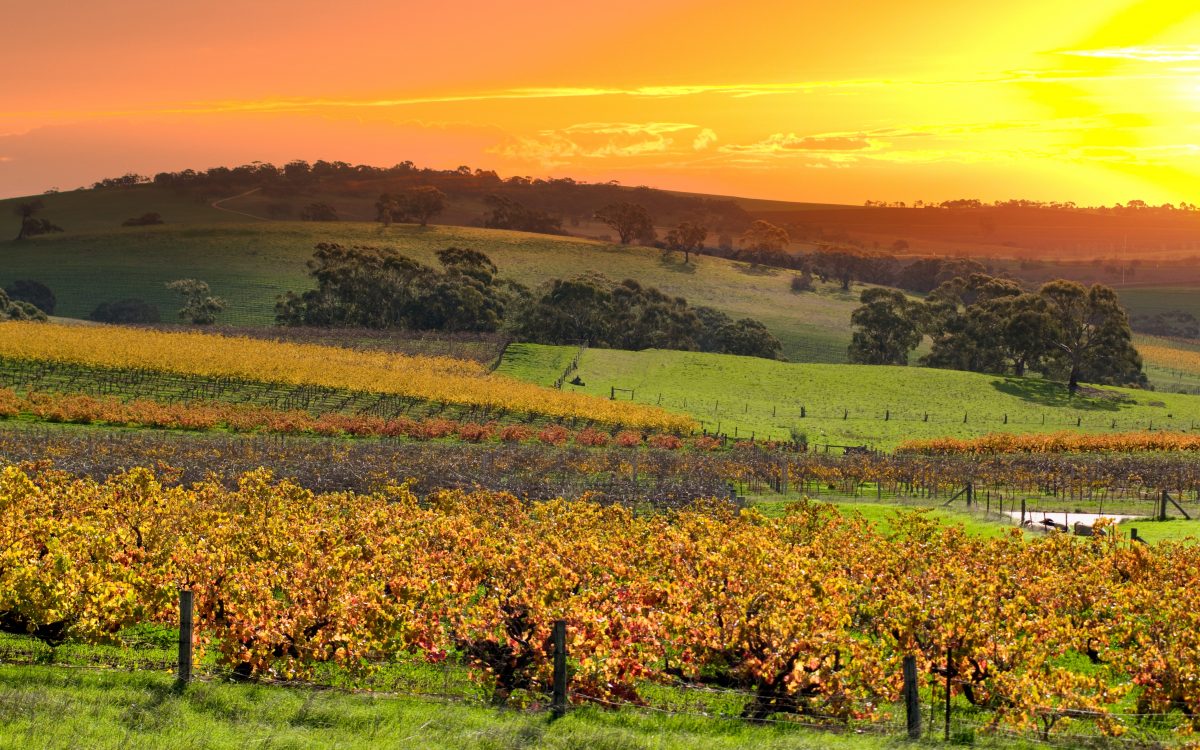The Barossa Valley is a renowned wine region in Australia, celebrated for its rich history and exceptional wines. What truly sets this region apart is its family-owned wineries, which have poured generations of passion and tradition into every bottle. For wine enthusiasts, foodies, and gourmet lovers, exploring the Barossa Wine Tours means experiencing the love and dedication that goes into each glass of wine.
The Heritage of Barossa Valley Wines
Wine production in the Barossa Valley dates back to the 1840s, with European immigrants bringing their winemaking expertise to the region. These early settlers planted the first vineyards, setting the foundation for what would become one of the world’s premier wine regions. Family-owned wineries have played a crucial role in preserving the Barossa Valley’s winemaking heritage, ensuring that traditional methods and values are passed down through the generations.
These wineries have maintained a steadfast commitment to quality and authenticity. By focusing on small-scale production, they can devote meticulous attention to detail, resulting in wines that reflect the unique characteristics of the Barossa Valley.
A Glimpse into Family Wineries
One of the most remarkable aspects of the Barossa Wine Tours is its diverse range of family-owned wineries, each with its own unique story and winemaking style. Take, for example, the storied history of the Henschke family. Established in 1868, Henschke Winery has become synonymous with excellence, producing some of the most iconic wines in the region.
Another notable family winery is Langmeil, founded in 1842. With a deep-rooted commitment to preserving historic vineyards, Langmeil has rejuvenated some of the oldest Shiraz vines in the world. Their wines are a testament to the resilience and passion of the Barossa Valley’s winemaking families, showcasing the distinctive flavors that have made the region famous.
These family wineries have also embraced modern trends while staying true to tradition. Many have expanded their offerings to include innovative blends and experimental vintages, appealing to a broader audience of wine enthusiasts.
The Barossa Experience
Visiting the Barossa Valley is a must for any wine lover. Barossa Wine Tours offer an immersive experience, allowing visitors to taste the Barossa‘s finest wines and learn about the history and craftsmanship behind each bottle. These tours often include visits to family-owned wineries, where guests can meet the winemakers, explore the vineyards, and sample a variety of wines.
To enhance your experience, consider pairing the wines with local cuisine. The Barossa Valley is known for its gourmet food scene, with an abundance of fresh produce and artisanal products. Whether it’s a hearty lamb dish or a platter of local cheeses, the flavors of the region complement the wines beautifully.
Sustainability and the Future
Family-owned wineries in the Barossa Valley are not only dedicated to producing exceptional wines but also to preserving the environment for future generations. Sustainable practices are at the forefront of their operations, with many wineries implementing organic and biodynamic farming methods. By prioritizing environmental stewardship, these wineries ensure that the Barossa Valley remains a thriving wine region for years to come.
Supporting family-owned wineries is vital for the future of Barossa Valley wines. These businesses contribute significantly to the local economy and community, providing employment and fostering a sense of pride among residents.
Conclusion
Family-owned wineries are the heart and soul of the Barossa Valley, preserving tradition and creating memorable experiences for wine enthusiasts, foodies, and gourmet lovers. Their dedication to quality, sustainability, and heritage ensures that each bottle of wine tells a story of passion and commitment. By exploring the Barossa Valley and supporting these family wineries, you can taste the Barossa‘s finest wines while contributing to the preservation of this remarkable wine region.

